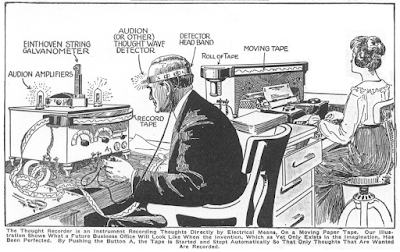How it Works
PolygrAI is a fusion of advanced computer vision algorithms and extensive psychological research designed to discern the validity of human expressions. The software meticulously analyzes a spectrum of physiological and behavioral indicators correlated with deceit. For instance, when a person tells a lie, they might unconsciously exhibit decreased blinking or an erratic gaze—these are the tell-tale signs that PolygrAI detects.
The system vigilantly computes a ‘trustfulness score’ by monitoring and interpreting subtle changes in facial expressions, heart rate variability, and eye movement patterns. This score is adjusted in real-time, offering a dynamic gauge of credibility.
Furthermore, PolygrAI assesses the voice for sudden shifts in tone and pitch—parameters that could betray an individual’s composure or reveal underlying stress. more Lifetime access ($100) for beta testers.
 |
| Click to enlarge. |


















